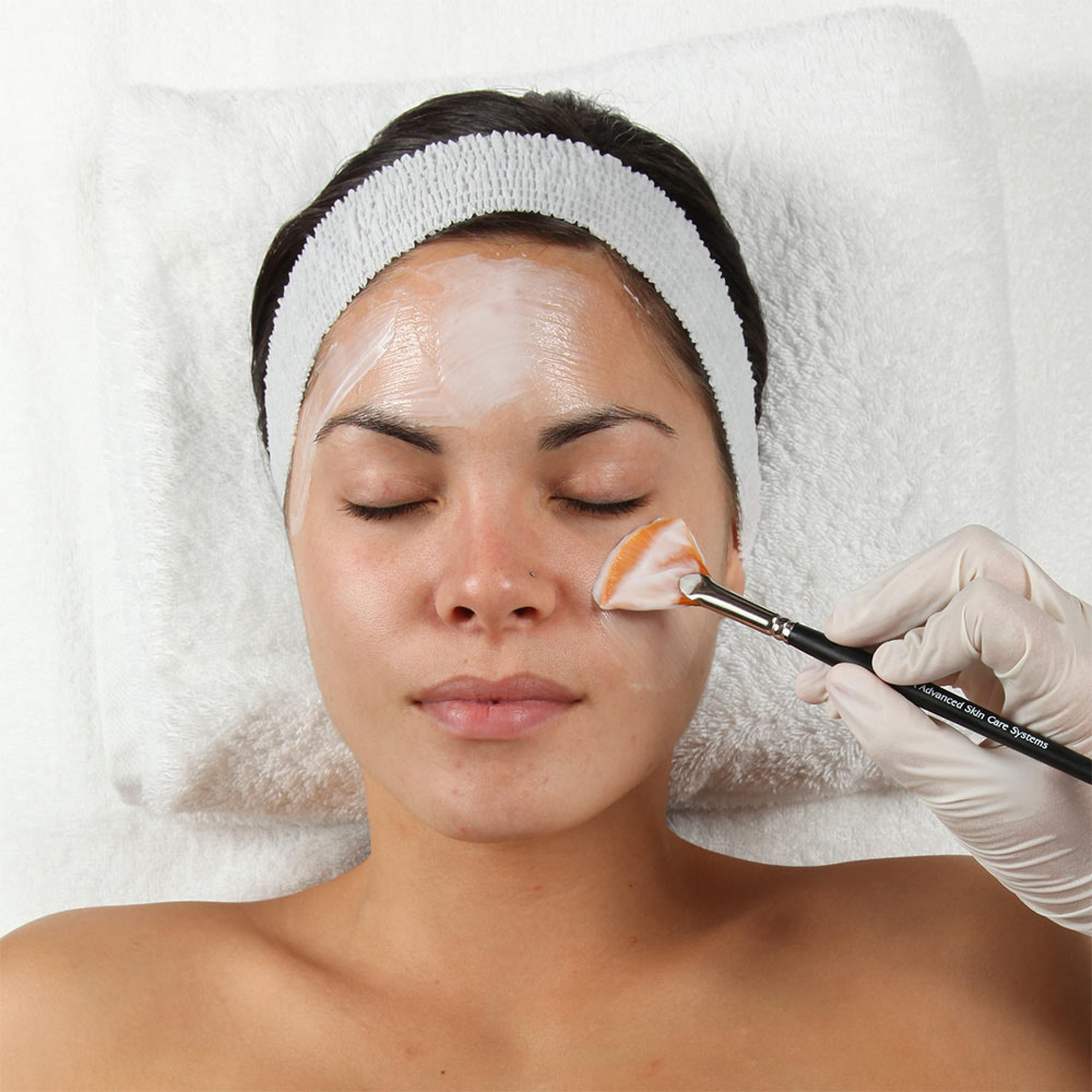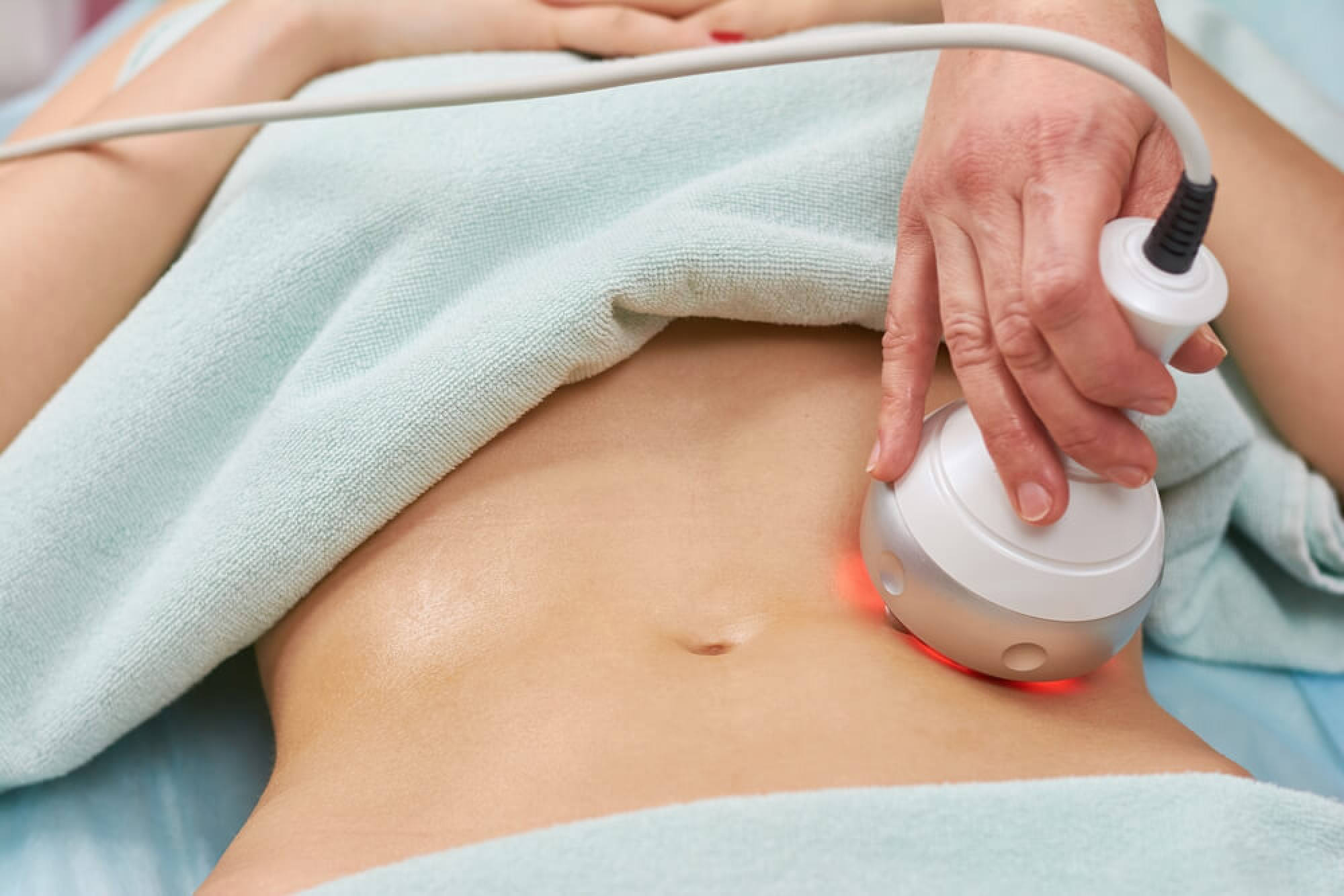5 skin treatments you should avoid during the summer: from IPL sessions and chemical peels to sclerotherapy, body sculptors to laser resurfacing – excessive sun exposure can reduce their efficacy

On the other hand, she points out that invasive lasers, chemical peels with associated downtime and body-sculpting treatments “are better suited for the autumn or winter seasons, providing enhanced safety and optimal results”.
Why are restaurants adding tiny seats for luxury handbags?
If you are uncertain which procedures are suitable for which season, here are some treatments that industry professionals recommend you wait until winter to undergo.
1. IPL (Intense Pulsed Light) treatments

While IPL is a fantastic option for combating various skin concerns, it’s crucial to avoid it in the summer. The treatment targets pigment irregularities, but sun exposure can increase skin sensitivity, leading to potential complications like burns or hyperpigmentation.

6 expert-approved products for taming unruly summer hair
2. Chemical peels

Although chemical peels work wonders in renewing and rejuvenating the skin, they’re not the best choice for sun-kissed summer days. These treatments are beneficial for addressing acne scarring, dark spots and hyperpigmentation, but they involve exfoliating the top layer of skin, making it more vulnerable to UV radiation.

3. Sclerotherapy

If you’re seeking treatment for unsightly varicose or spider veins, it’s ideal to postpone sclerotherapy until after summer is over. This procedure involves injecting a solution into the veins to make them shrink and fade; however, sun exposure and heat can interfere with the healing process and increase the likelihood of discolouration.
What is skin icing and how does it work? Experts share their tips

Following sclerotherapy, patients may experience physical side effects: the treated veins can become lumpy and more noticeable for a few months before eventually dissolving; discolouration, such as spotting and ruptured blood vessels, may also appear and take several months to fade away and due to the process of stimulating blood clots inside the veins, bruising can occur and last for up to six weeks.
4. Body sculptors

Non-invasive body sculpting treatments offer a convenient way to tighten, trim and tone your body. However, the results take time to manifest. For instance, body contouring procedures such as CoolSculpting Elite typically involve multiple sessions a few months before the final outcome is evident.

In the case of liposuction, patients are required to wear support bandages immediately after the procedure, and in some cases, for weeks to minimise swelling. However, wearing these bandages during the summer months can be bothersome, and moisture from activities like sweating or swimming can potentially lead to infection, making it important to exercise caution and keep the bandages dry.
Take a peek at Dior Spa Cruise, the luxury brand’s floating wellness yacht
5. Laser resurfacing

Laser resurfacing can work wonders for minimising wrinkles, scars and other skin imperfections. However, most dermatologists would rather perform intensive laser treatments during winter, particularly ablative CO2 lasers, as they effectively address significant sun damage, deep lines and stubborn wrinkles due to reduced UV exposure.


- With the sun beating down relentlessly, our skin becomes more sensitive and prone to UV rays, which is why it’s important to pick and choose your skin treatments wisely during summer
- IPL is great for targeting pigment irregularities, but exposure to sun can reduce its impact – the same goes for chemical peels and laser resurfacing, while liposuction requires bandages to heal